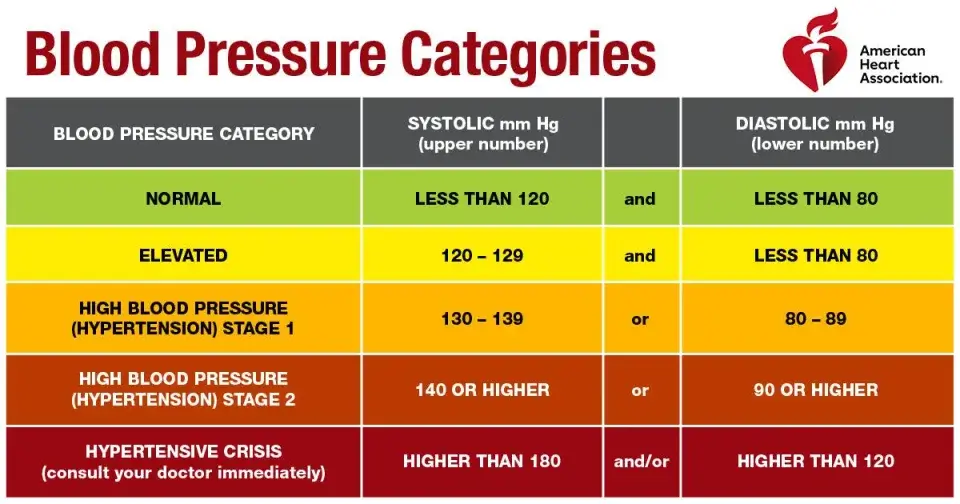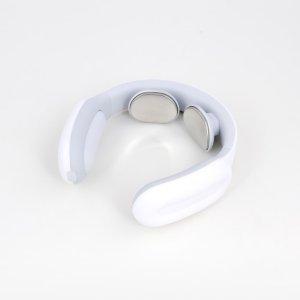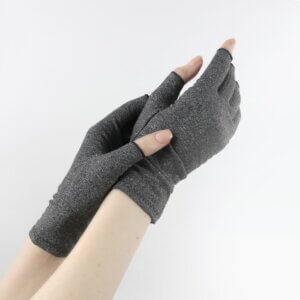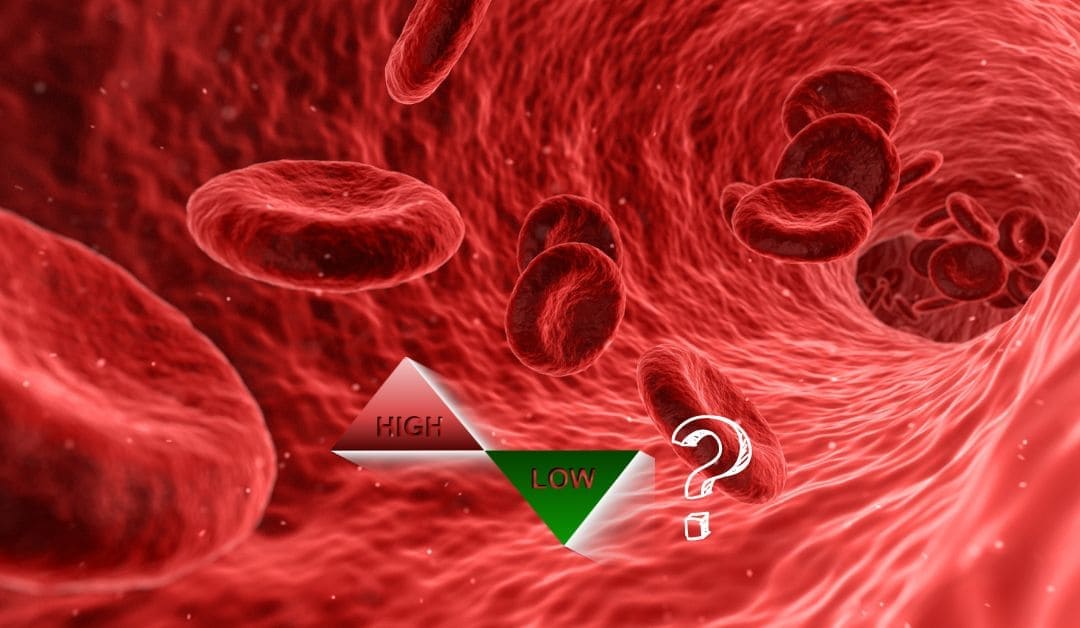General Health, Men's Health, Women's Health
Uncontrolled Blood Pressure Causes Many Heart-related Emergencies – RESEARCH
Uncontrolled blood pressure is a killer! According to a study of more than 20 million emergency department visits that was published on September 8, 2022, in the Journal of the American Heart Association, open access, peer-reviewed journal of the American Heart Association, it has emerged via NewMediaWire that many cardiovascular emergencies are thought to be caused by poorly controlled high blood pressure.
The uncontrolled blood pressure research highlights
The uncontrolled blood pressure research has 4 main highlights and is given below:
- Research of more than 20 million emergency room visits from 2016 to 2018 found that high blood pressure or disorders connected to it account for around one-third of heart-related emergency department visits in the United States.
- 13% of visits were for “essential” hypertension, meaning high blood pressure that is not the result of another illness.
- Males and females had different top diagnoses, and women had lower mortality and hospital admission rates following a cardiovascular emergency than men.
- According to the study’s authors, their findings indicate that men and women, particularly those who are eligible for Medicare and Medicaid, have different demands in terms of cardiovascular health.
Details of the uncontrolled blood pressure research
The researchers discovered that “essential” hypertension, or high blood pressure not induced by other conditions, accounted for 13% of all heart-related emergency room diagnoses, or more than 2.7 million patients. Essential hypertension is the most frequent type of elevated blood pressure.
“Less than 3% of these visits resulted in hospital admissions, and less than 0.1% of deaths. This indicates that the majority of these visits were for the treatment of hypertension, “said the study’s lead author, Mamas A. Mamas, M.D., a consultant cardiologist at University Hospitals of North Midlands NHS Trust and a professor of cardiology at Keele University in Stoke-on-Trent, both in the UK.
American Heart Association high blood pressure categories

About 30% of the 15 Cardiovascular Diseases (CVD) covered by the study had diagnoses related to hypertension.
The source of the uncontrolled blood pressure sample data
The Nationwide Emergency Department Sample from 2016 to 2018 was used to investigate cardiovascular diagnoses given during emergency department visits. The sample had 48.7% female participants and an average age of 67. Participants on Medicare or Medicaid made up the majority. In the sample, men were more likely to have diabetes and other diseases than cardiovascular disease, whereas women were more likely to have obesity, hypertension, and ailments that impact the blood arteries in the brain.
Sample data for males and females concatenated
High blood pressure (16%), heart or kidney illness associated with high blood pressure (14.1%), and atrial fibrillation (10.2%) were the diagnoses for women who visited the emergency room with a heart or stroke. For men, high blood pressure-related heart or renal illness (14.7%), high blood pressure (10.8%), and heart attack (10.7%) were the most typical diagnoses.
Gender disparity patterns
According to Mamas, “previous research has demonstrated sex disparities in patterns of CVD among hospitalized patients.” “However, as it captures encounters prior to hospitalization, analyzing CVD encounters in the emergency department offers a more full picture of the cardiovascular health care needs of men and women.” He further emphasizes that earlier research on CVD emergency visits was restricted to cases of suspected heart attacks. This investigation of 15 CVD diseases, therefore, contributes to a better understanding of the whole range of acute CVD demands, including sex differences in hospitalization and mortality risk.
According to the study, men and women saw slightly different results from their emergency CVD visits. Overall, women were less likely to pass away (3.3% vs. 4.3% of males) or require hospitalization (49.1% vs. 52.3% of men) following a CVD emergency department visit. According to Mamas, the discrepancy may be caused by women’s typically lower-risk diagnoses, but there may also be an undercount of female fatalities.
Deaths outside of the hospital setting
Mamas stated, “We did not track deaths outside of the hospital setting. Further research is necessary to follow patients’ outcomes after leaving the emergency department because there is substantial evidence that women are systemically mistreated and are more likely to be released from the emergency department than men.
Potential data drawbacks of the uncontrolled blood pressure research
Potential misdiagnosis mistakes are another drawback of the data, especially after hospitalization when more blood work and other medical information may be collected and the final diagnosis did not match the emergency diagnosis. Furthermore, because the data is incomplete and does not account for disease severity, it may be difficult to compare mortality disparities between various patient groups.
Disparities between men and women and the need for more investigation into the uncontrolled blood pressure research
According to Mamas, who was commenting on the uncontrolled blood pressure research:
“Our work with this sizable, nationally representative sample of cardiovascular emergency visits emphasizes disparities in the demands of men and women for health care, which may be beneficial to inform planning and implementation of health care services.” We also support more investigation into the underlying causes of the disparities in CVD patterns and outcomes between men and women.
In conclusion
It should be noted that this uncontrolled blood pressure research is based on the following premise: Peer review occurs before studies are accepted for publication in the scientific journals of the American Heart Association. Each manuscript contains views and conclusions that are purely the author’s own; they do not necessarily represent the Association’s policy or viewpoint.
-
 Multifunctional Hair Styler Brush$25.99
Multifunctional Hair Styler Brush$25.99 -
 ProPosture Corrector$34.99
ProPosture Corrector$34.99 -
 Mini Electric Eyebrow Trimmer Pen$24.99
Mini Electric Eyebrow Trimmer Pen$24.99 -
 Silicone Massage Scrubber$16.99
Silicone Massage Scrubber$16.99 -
 Intelligent Neck Massager$69.99
Intelligent Neck Massager$69.99 -
 Arthritis Compression Gloves$18.99
Arthritis Compression Gloves$18.99
Regarding their correctness or dependability, the Association provides no warranty or claim. The majority of the Association’s funding comes from private sources; however, certain programs and events are also supported by foundations and businesses, such as producers of pharmaceuticals and medical devices. To stop these relationships from influencing the science content, the Association has strong procedures in place. You may find information here about the Association’s overall financial health, pharmaceutical and biotech company revenues, device manufacturers and health insurance providers’ revenues, and more.
It’s therefore important that we know uncontrolled blood pressure symptoms. For more information check the following:
- What causes uncontrolled blood pressure
- How long can you have high blood pressure before it causes damage
- Uncontrolled hypertension treatment
- How to reduce high blood pressure


